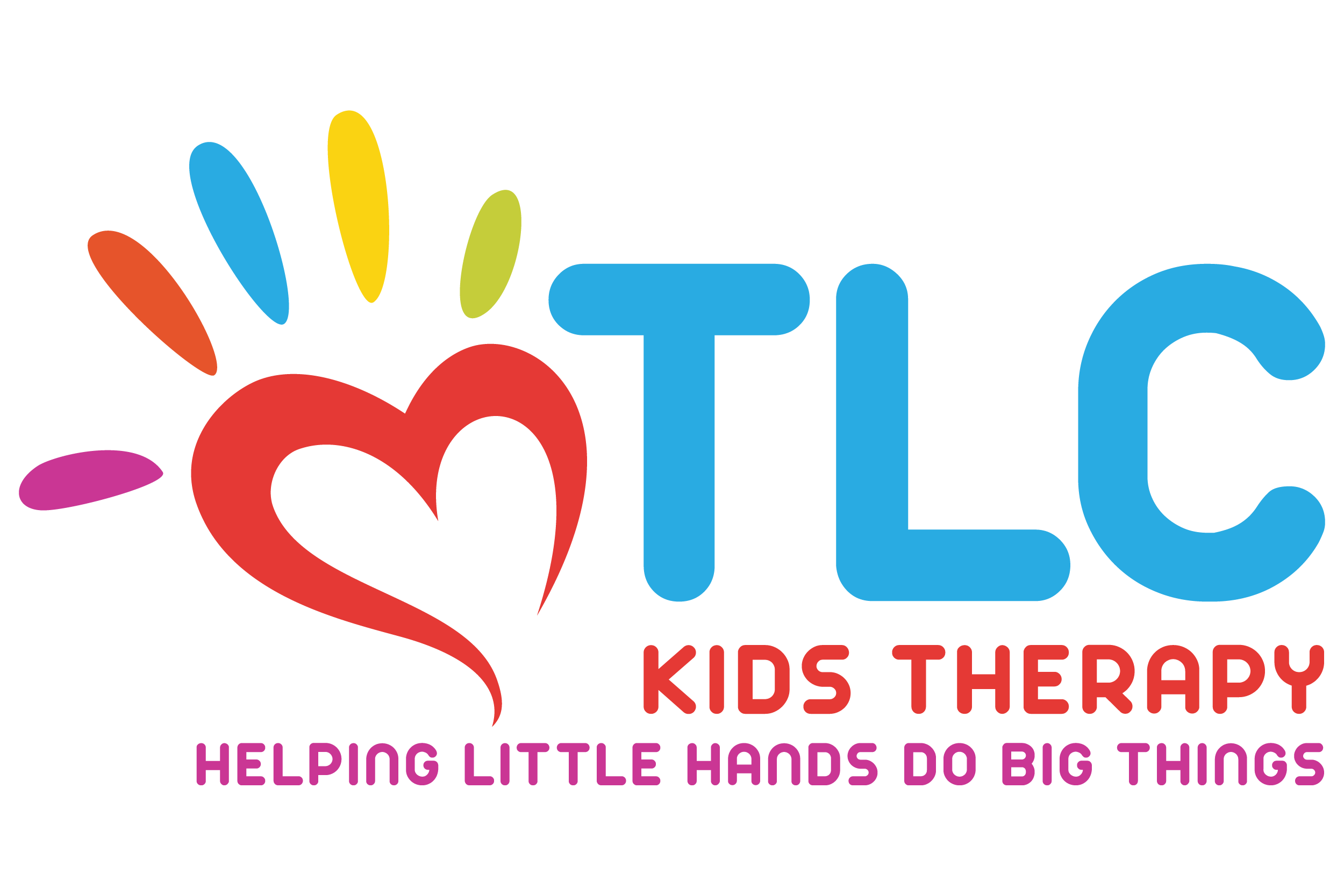Back to school again! Of course with Covid turning our lives upside down, it’s another atypical school year. When the pandemic hit, most of us had to make some major adjustments to our lives. Life constantly indoors, an inability to spend time with friends and family and always having to go back to the car because once again, we forgot our masks! We also had to deal with work and education via zoom calls and google meet. Now that we are returning back to in person learning, how is your child adjusting? Of course, it will take time for them to transition and adjust to their previous schedule of getting ready for school, waiting for the bus or walking to and from school, being face to face with teachers and friends, etc. For little ones, it will also take time to transition to school, possibly for the first time, meeting all new adults and other children their age.
Young children are often wary of strangers and want to stay close to their parents and other familiar and trusted caregivers. Until they are old enough to talk clearly about their feelings, it’s hard to explain to them that a new caregiver is going to protect them, which means it takes time for children to get used to new people. School-aged children who are sensitive or easily worried, or those who have developmental delays, may need extra time to adjust. It’s often easier for young children to make the transition if they have spent some time with their parents and the new person together. Parents also often worry about their child making the transition, and it’s easier for parents to keep calm and be reassuring if they know their child’s teacher and feel comfortable with them.
Your child may have difficulties getting back into a rhythm with time/bell schedules, morning routines, going to sleep at a reasonable hour, and getting homework and assignments completed and handed in on time. They may have more behavioral issues, act out more in the classroom, perhaps even get into altercations and fights with classmates. Many of us have had a difficult time accepting life 6 feet apart, constantly wearing a mask, and being locked up for months on end. For many children, it’s been even harder to deal with these sudden life changes. Sudden lack of social interaction, class through a computer screen, less time outside running and playing, and being locked up with your family, which has it’s wonderful moments, but can of course become monotonous and difficult at times.
So what should you do if your child is having difficulties transitioning back to in person learning? Well, having a bit of patience is step one! Explain to them that It will take time to adjust and get back in the swing of a normal school schedule. Remind them of the short time ago when they were playing with their friends on the playground, watching educational films in the classroom and sitting and eating lunch with their classmates. Explain to them to take it day by day and realize that soon enough, life will return back to normal (at least somewhat)! Here are some other suggestions to ease the transition:
- Try connecting with other parents who have children in the same school/class/program who can provide information and make them more comfortable.
- Talk with teachers about the best way to separate from their child at the start of the day—brief goodbyes are often best.
- Try to stay calm and reassuring during transition—using a calm voice, with a relaxed face and body to let your child know that they wouldn’t leave them if the child were not safe and protected.
- Give your child a daily, predictable routine, with regular times for healthy meals, naps, and night sleep at home. Having a rested body and knowing what to expect at home helps children cope.
- Monitor their child’s developmental milestones and learn what to do if there are concerns.
- Talk to a healthcare professional if your child’s symptoms of anxiety or behavior problems are severe or persistent. Request parent training and support so can better help your child.
- For children with consistent new issues, ask their school for a psychological evaluation to see if your child may be in need of services.
Easing them back into normal life (again somewhat) is the goal. Remember to take things slow, use available resources from your child’s school, other parents and friends etc. Children are very resilient and with your support, they should jump right back into the swing of things with your patience and assistance when needed!
